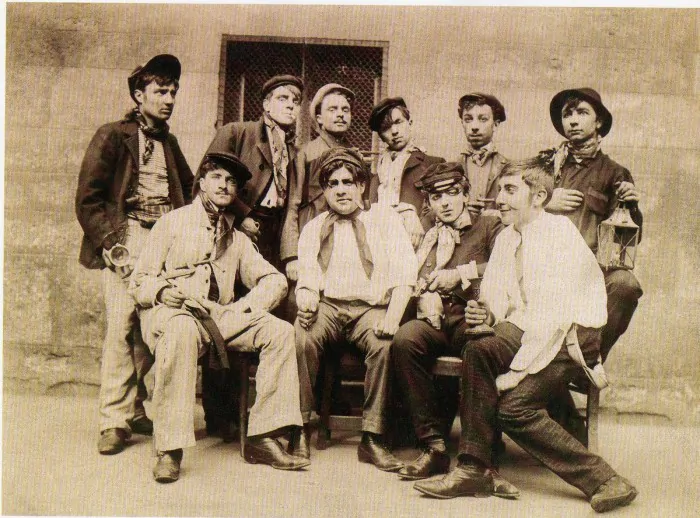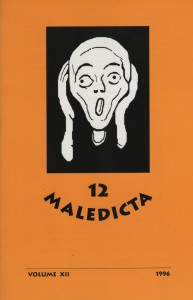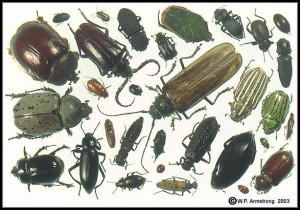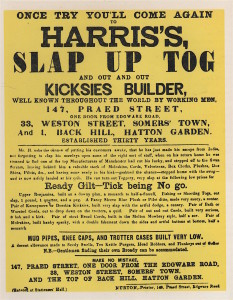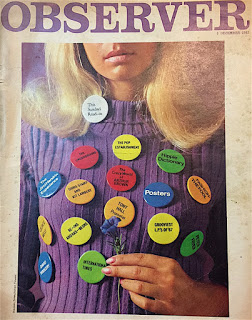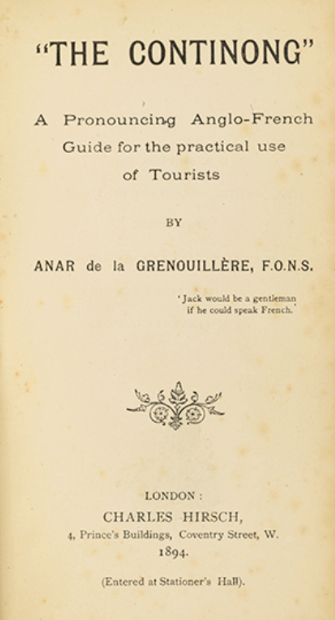
Escoffier. To do for, to settle. M. Escoffier was, of course, a famous French chef.
Piquer un fard. To blush.
Avoir la flemme. To feel lazy.
Faire un four. To fail miserably.
Fripouille. A dirty lot.
Froussard. A funk.
Fumiste. A practical joker.
Furibard. Wild ( angry).
Faire une gaffe. To put ones foot in it. This has remained slang in English
Gate-sauce. A scullion; a bad cook.
Gniaf. A bungler; a botcher.
Gnon. Thumb; knock.
Se Gober. To fancy oneself.
Gobeur. A man who will swallow anything ( to believe).
Goddam. An Englishman.
Gogo. Fool; simpleton.
Goguenots. Water-closet.
Grue. Street walker.
Houp. Gee up ! Get out! Move on !
Hure. Pate; nut; noddle.
C’est kif-kif-bourico. It is six of one and half a dozen of the other.
Lacheur. A shabby, cowardly friend.
Lanterner. To humbug; to talk rot.
Mon petit lapin. Ducky! C’est un lapin. He is a brick.
Larbin. Flunkey.
Macchabee. Drowned person
C’est sa marotte. It is his hobby.
Mastroquet. A small wine shop.
Mazagran, or simply maza. Coffee served in a glass.
Il n’y a pas meche. It’s no go ( impossible).
Megot. A half-smoked cigar.
Mince. O lor! My eye !
Manger le morceau. To confess. To acknowledge the truth.
Muffle. Cad; scamp; blackguard.
Il est nettoye. He is done for.
Perdre le nord. To lose one’s head.
Un oeil au beurre noir. A black eye.
Tourner de l’œil. To kick the bucket.
Se ficher le doigt dans l’œil. To make a bad speculation.
Continue reading
